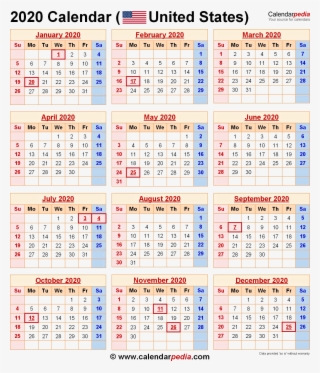Key Focus Areas for the 2026 Budget Discussed in High-Level Meeting
A significant meeting was held at the Presidential Secretariat on July 16, where President Anura Kumara Dissanayake engaged with senior officials from the Ministry of Finance to discuss the preliminary budget framework and development direction for the upcoming 2026 Budget. The session aimed to set the stage for the submission of budget proposals and ensure alignment with national priorities.
During the discussion, the President sought detailed updates from the Ministry of Finance on the progress being made in preparing the next budget. Officials confirmed that the circular inviting institutions to submit their budget estimates had already been issued. They also mentioned that all relevant entities have until the end of this month to prepare and submit their proposals within the allocated expenditure limits.
President Dissanayake emphasized the need to focus on key sectors that can drive the country forward and address existing challenges. He highlighted the importance of prioritizing initiatives that can significantly impact the nation’s growth and development. Specifically, he urged the Ministry to concentrate on projects centered around digitalization, enhancing public transportation systems, and integrating rural communities into the broader economic framework.
The President stressed that financial allocations alone are not enough to ensure meaningful outcomes. He pointed out the necessity of evaluating whether the intended benefits of these projects actually reach the people they are meant to serve. To achieve this, he called for stronger mechanisms to monitor and assess the impact of budgetary decisions.
Several high-ranking officials attended the meeting, including the Minister of Labour and Deputy Minister of Economic Development, Dr. Anil Jayantha Fernando, the Secretary to the President, Dr. Nandika Sanath Kumanayake, and the Secretary to the Ministry of Finance, Dr. Harshana Suriyapperuma. A group of senior officials from the Ministry of Finance also participated in the discussions.
Prioritizing Strategic Sectors for Sustainable Growth
In his address, the President outlined a vision for the 2026 Budget that focuses on long-term sustainability and inclusive development. He encouraged officials to think beyond immediate needs and instead consider how each proposed project contributes to the overall economic and social well-being of the country.
One of the main areas of emphasis was digitalization. The President recognized the transformative potential of technology in improving efficiency, accessibility, and transparency across various sectors. He urged the Ministry to explore ways to integrate digital solutions into public services, education, and healthcare to enhance service delivery and citizen engagement.
Public transport was another critical area highlighted during the meeting. The President acknowledged the need for an efficient and reliable transportation system that supports both urban and rural populations. He suggested investing in modern infrastructure, expanding connectivity, and promoting eco-friendly alternatives to reduce congestion and environmental impact.
Integrating rural communities into the economic framework was also a central theme. The President stressed the importance of ensuring that remote areas are not left behind in the country’s development trajectory. He called for targeted investments in agriculture, small-scale industries, and local enterprises to create employment opportunities and improve living standards.
Ensuring Accountability and Effective Implementation
Beyond the allocation of funds, the President emphasized the need for accountability and effective implementation. He urged officials to establish robust monitoring systems to track the progress of projects and ensure that resources are used efficiently. This includes setting clear performance indicators and conducting regular evaluations to measure the impact of budgetary decisions.
The President also highlighted the importance of transparency in the budgeting process. He encouraged open communication between the government and the public to build trust and foster a sense of shared responsibility. By involving citizens in the planning and evaluation stages, the government can better understand their needs and adjust strategies accordingly.
In conclusion, the meeting underscored the commitment of the administration to creating a budget that is not only financially sound but also socially responsible. By focusing on strategic sectors, ensuring accountability, and promoting inclusive growth, the 2026 Budget aims to lay the foundation for a more prosperous and equitable future for all.







